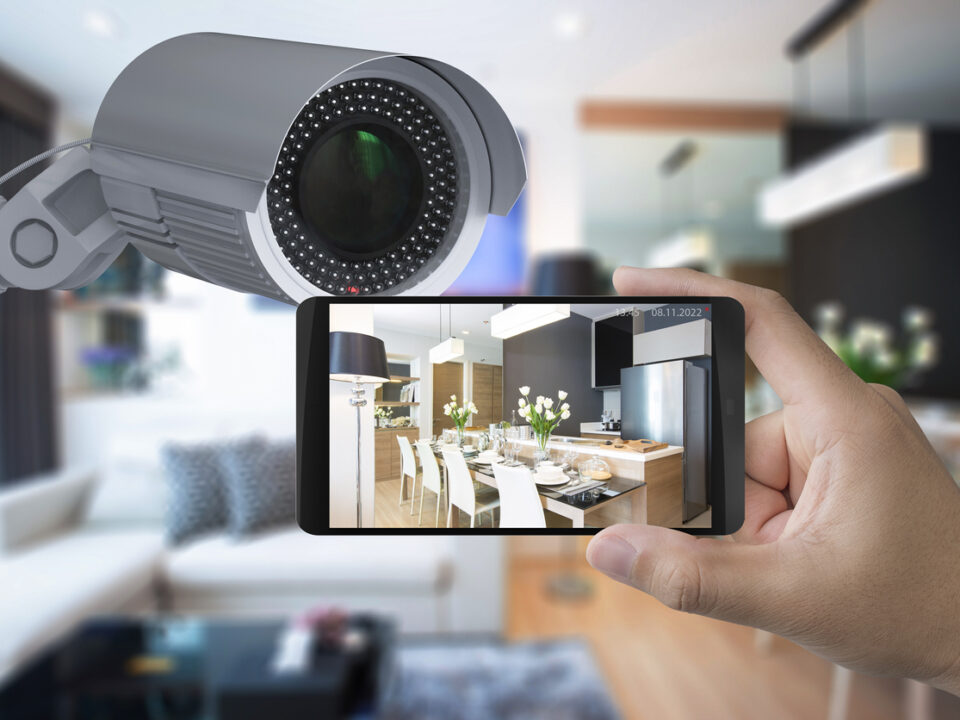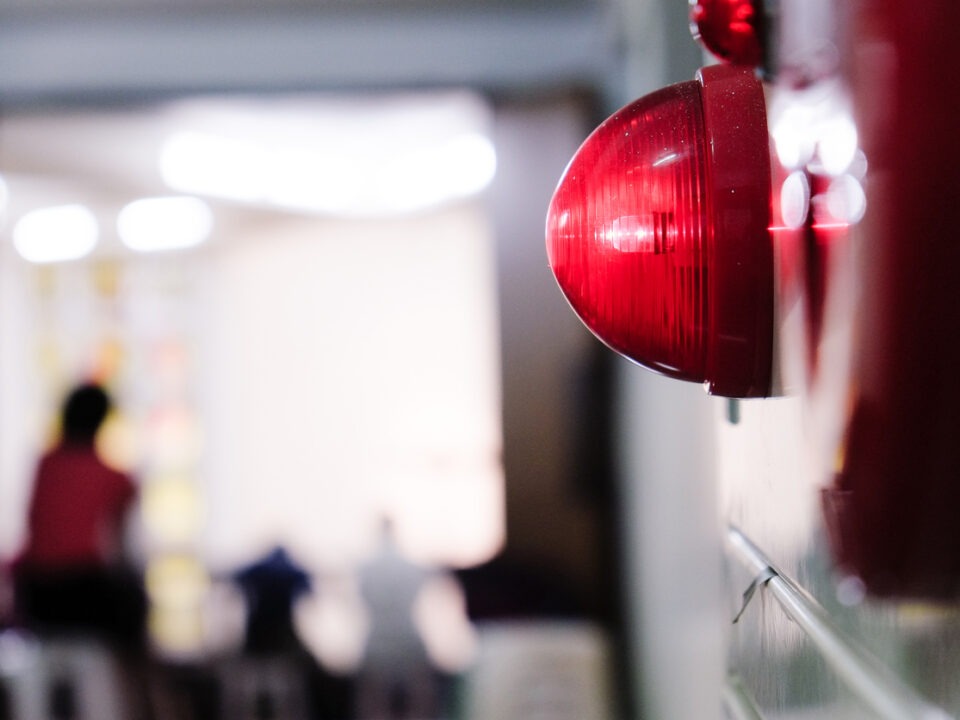Where Can I Point My CCTV Cameras?

A CCTV camera is one of the most important elements you need to consider while constructing your house or moving to a new place. A better CCTV system can monitor the happenings on your property and save you from crime or theft. With a reliable protection system on your property, you and your family can be protected. But the common question many people consider is where they can point their CCTV cameras. In this article, we will help you get this answer.
CCTV camera placement
If you have bought a new home, it is important to investigate the history when installing your security system. Ask the previous homeowners to see if any past break-ins have happened. In this way, you can identify the weak areas of your home where the chances of break-ins are high. The sensitive areas to install CCTV camera systems are front and back doors, windows, and brightly lit areas where many people don’t put security cameras. Make sure your camera placement is proper and not disturbed by outside elements like trees, plants, etc. Avoid placing the camera in a place with too much sunlight. Better placement will increase the effectiveness of your cameras. Wrong placement may not bring you the protection you are expecting.
What is the law on security cameras?
CCTV cameras are the most effective way to increase your home security. CCTV cameras provide you protection from crime, theft, and intrusion. However, before using CCTV cameras on your property, you need to understand the laws and regulations that control the use of private home security. According to the UK government, CCTV surveillance includes cameras, footage storage devices, images, and other linked devices. The purpose of installing this entire system is to increase the security levels on your property. However, according to laws, your cameras must not be recording footage of the spaces that are people’s private property. In case GDPR and DPA will be applied to your home security system. You will be responsible for managing the footage recorded by your camera. As a property owner and camera installer, you have certain responsibilities, which depend on where you install your system. according to the laws of the UK, here are the few things you might be asked to do:
- Put up the signs of why and where you install your CCTV system.
- You are not allowed to capture or record the conversation between public members.
- You need to make sure the footage is subject to the purpose of the surveillance system.
- You can only keep the recorded images for a reasonable length of time.
Can I point my security camera at the street?
The answer to this question is yes, and you can put your CCTV camera on the street for the better protection of your home. However, if your CCTV system is recording outside the boundary of your private property, such as neighbours’ properties, it will be subjected to data protection laws. It does not mean you are capturing imagery against the law, but it means that as an installer of the CCTV camera, you have certain obligations regarding the data you are capturing. You need to comply with all the protection laws to protect the rights of people. If your surveillance camera is recording the footage of public roads, spaces shared by residents, or images of people’s private property, you will need to provide a justifiable reason for doing that. Mention why you need these images, as the authorities may consider you are invading the public’s privacy. Coming to the point, a certain number of burglars enter through windows away from the street view. Therefore, you can point your security camera towards the street to protect your windows.
Can I point CCTV at the neighbours’ house?
When installing a CCTV camera on your property, you need to make sure the camera is only covering your private property and not invading the privacy of your neighbours. As long as your camera only covers your area, you are under no obligation to explain the camera installation to anyone. If your camera captures images of your neighbourhood house, you need to have a good reason to do this. Also, you must inform your neighbours and ICO about what you are going to do. The explanation you will provide must contain detailed information on why these images and footages are important for you. Moreover, you need to always remain compliant with the data protection laws. The imagery by your CCTV camera beyond its boundary is subject to data protection, which needs to be complied with within 30 days. Also, you need to keep the footage secure and as limited as possible.
Can I put CCTV in a communal area?
Before putting a CCTV camera in a communal area, it is important to ask for permission. You need to make sure the system doesn’t break the law or invade the public’s privacy. The laws against recording audio are more strict than recording video. Therefore, it is important to get the permission of the people living in that area before installing the camera. When installing the camera, two pieces of legislation must be followed: the data protection act and human rights.
Do you have to display signs if you have CCTV?
Technically, it is not legally required to display the signs of a security camera, especially if your camera is in plain sight. Therefore, it is more common to see them display video surveillance signs for business and non-private residences. If you want to avoid the potential risks of consent issues in your local areas, displaying the signs of having a CCTV camera could save you from future problems. As long as your protection system is not invading the public’s privacy, you are under no obligation to give anyone an explanation. It must be kept in mind that laws about recording audio are strict than the video, so you can display the sign to avoid such issues.
Conclusion
The placement of the CCTV camera plays an important role in providing you with enough protection. However, it is important to keep the laws and regulations provided by the UK government in mind. It will keep you from experiencing future issues.


